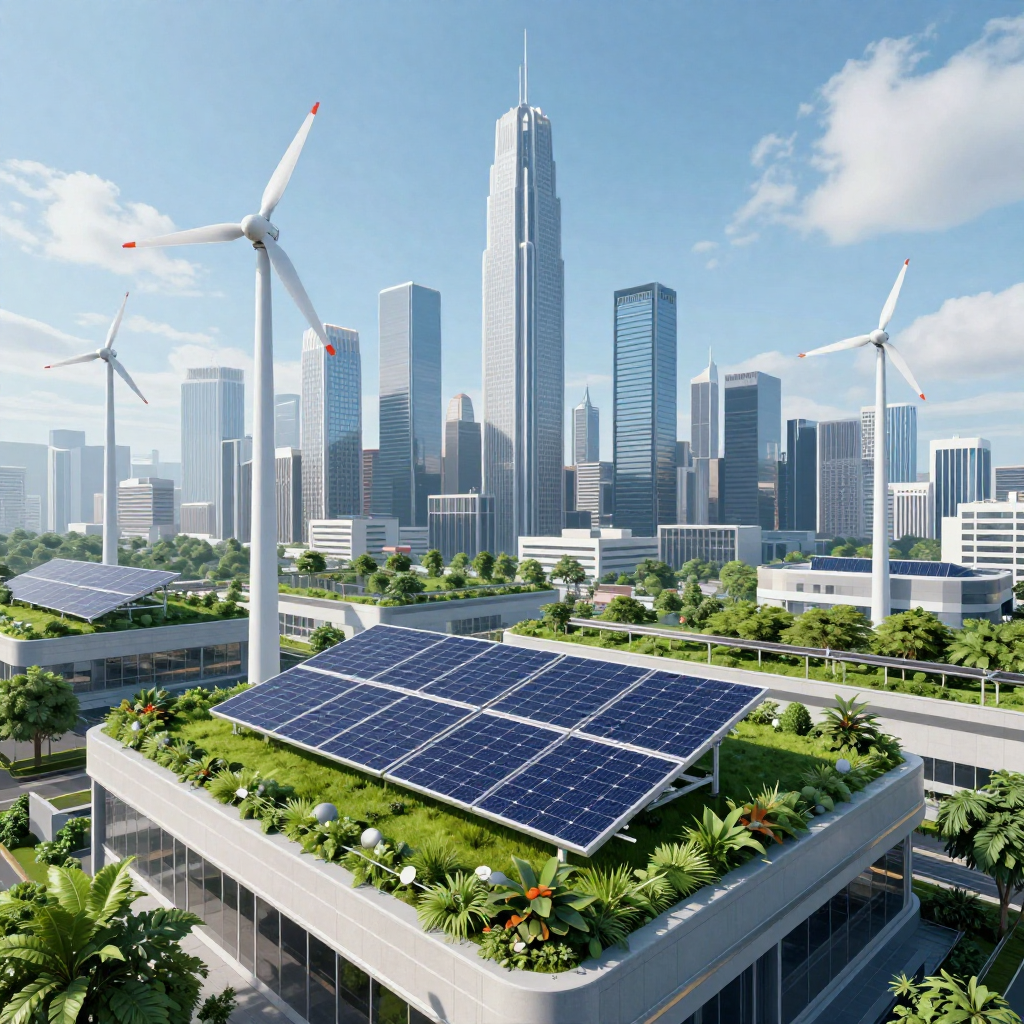Tata Group's EV tech play Tata Technology has received new orders worth $100 million (Rs 750 crore) this year. The company is aiming to clock 40% growth in the current financial year 2021-22 to achieve new revenues worth $500 (Rs 3,700 crore).
Tata Technologies, global engineering, and product development digital company, is driving towards strong revenue generation in the current fiscal to be back on the growth track via new business opportunities.
In the pandemic hit FY 2020-21, the company had registered a 16.5% fall in its new orders to Rs 2,381 crore, thanks to the covid-19 pandemic which jittered the sentiments.
Warren Harris, CEO of Tata Technologies in an interview said that the company has bagged new orders worth over $100 million, mainly from embedded vehicle electronics and digital players.
The technology company claims to have seen a strong uptick in the various segments like the embedded technology business segment, even in the pandemic.
Tata technologies have been partnering with automakers from India, China, US, Japan, and Sweden for more adoption. The company is bagging the majority of overseas orders from four-wheeler OEMs, it is eyeing two-wheeler OEM's too.
The company is eyeing to be a major player in the EV category by grabbing more market share. Tata Motors, its major shareholder, is also eyeing to demerge its EV business into a separate entity.
Tata Technologies' mechatronics has enabled infotainment integration and validation for a premium European luxury carmaker.
Tata Technologies provided complete systems integration for a Swedish carmaker, other than from offering validation and functional safety motor controllers for another Japanese Electronic Vehicle maker.
Likewise, Tata Technologies is also said to be helping an Indian OEM with its next-gen electric scooters. Tata Groups chairman Emeritus has invested a big share in Ola Electric.
Earlier, OEMs preferred to retain most of the decision-making process within their enterprise while taking support from outside.
Nowadays, Tata Technologies gets to develop an entire vehicle program, starting from concept through to managing vendors, testing and validation, and eventually the product launch itself.
According to Harris, this is a first in India concept. He reiterated the fact that it will decrease the time to develop vehicles and enable OEMs to cater to their markets better and faster.
Tata Technologies's chief executive said that end-to-end time is likely to be reduced to 25-27 months, which was about 38-45 months earlier.
The ongoing pandemic has prompted OEMs to become more flexible and agile in order to remain competitive, resulting in a rush of investment towards digitalization, Harris said.
The company's proprietary solution, eVMP - an electric vehicle scalable modular platform - is enabling automakers to accelerate their electric goals as EVs are the future for commercial automation.
Tata Technologies claims to remain unaffected by semiconductor shortages thus far, which is expected to last for the coming 12-12 months. Also, a few customers of the company may slash their discretionary investments.




